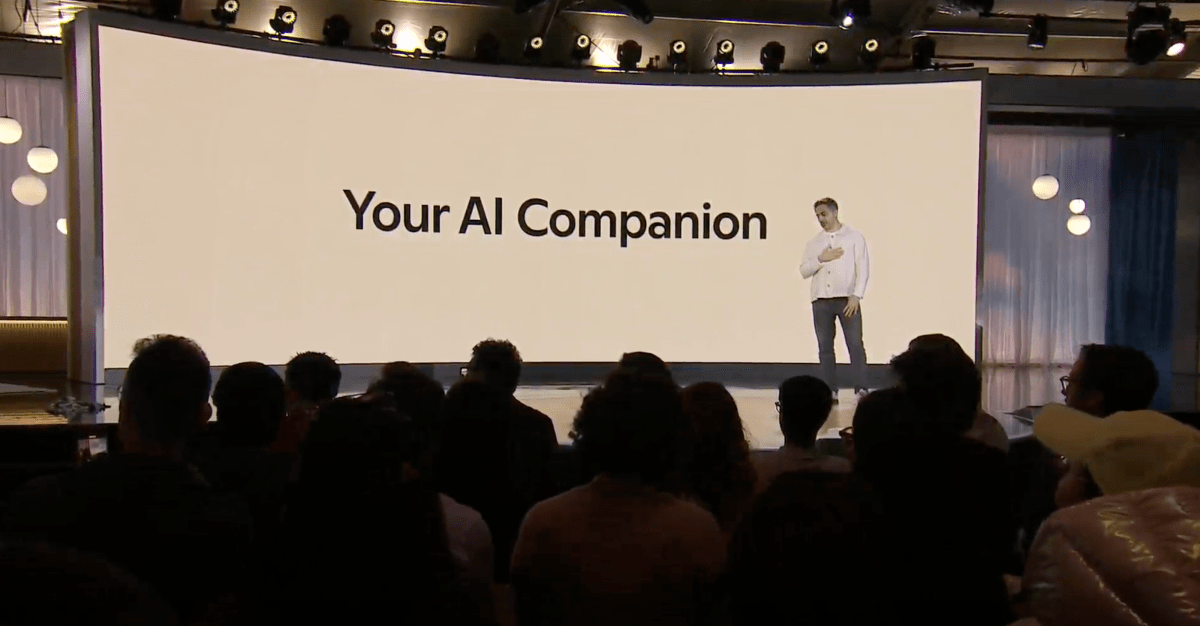Protester Disrupts Microsoft Copilot Presentation, Accuses Company of Having ‘Blood on Its Hands’

Protest at Microsoft Keynote Highlights Controversial Military Ties
Incident During Keynote
During a keynote focused on Microsoft’s Copilot technology, a protester voiced strong criticism regarding the company’s alleged associations with the Israeli military. This protest occurred as the audience was being introduced to Microsoft’s advancements in artificial intelligence (AI).
“Shame on you,” the protester declared, emphasizing Microsoft’s commitment to ethical AI development while drawing attention to the alleged sales of AI technologies that are utilized for military operations. The message underscored a contrasting narrative, questioning whether the company could genuinely claim to be promoting AI for good while being implicated in military actions.
Company Response
Mustafa Suleyman, Microsoft’s Head of Consumer AI, was delivering his segment when the protest took place. He responded several times with, “I hear your protest, thank you,” indicating an acknowledgment of the concerns raised by the demonstrator. This interaction highlights the ongoing tension between corporate responsibility and technology’s potential misuse in defense contexts.
Background on Allegations
In February, the Associated Press reported a troubling development: sophisticated AI systems from Microsoft, along with those developed by OpenAI, have reportedly been integrated into an Israeli military program. This program was reportedly used to determine bombing targets during recent conflicts in Gaza and Lebanon. The report detailed a tragic incident where a miscalculated bombing resulted in the deaths of several young girls and their grandmother, raising severe ethical questions about the deployment of AI in warfare.
This information aligns with a broader apprehension surrounding the use of AI technologies in military applications. Critics argue that such developments could lead to increased civilian casualties and represent a grave misuse of powerful technologies designed for humanitarian purposes.
Collective Voices
The protest at the keynote is not an isolated incident. Numerous protests have occurred in response to Microsoft’s alleged assistance to the Israeli military, and some of these demonstrations involved Microsoft employees themselves. There is a growing movement among segments of the public, as well as within the company, demanding accountability and transparency regarding the company’s actions.
For instance, the group “No Azure for Apartheid,” which focuses on protesting Microsoft’s involvement in military operations, organized both protests during the keynote, indicating a substantial internal and external dissent aimed at influencing corporate practices and policies.
Broader Implications
The implications of Microsoft’s involvement with military applications stretch beyond ethical concerns. They speak to wider issues regarding tech companies’ roles in global conflicts and the responsibilities they hold to ensure their innovations do not contribute to human suffering. As AI becomes more integrated into defense technologies, the dialogue surrounding regulation and ethical usage continues to grow.
Ongoing Discussions
The events at the keynote serve as a reminder that the tech industry is not just about innovation and development but is also interwoven with complex social and political issues. The demand for greater accountability within technology companies, especially regarding their military affiliations, highlights an urgent need for dialogue among stakeholders, including engineers, ethicists, and policymakers.
As these discussions unfold, the pressure on companies to align their practices with ethical standards and public expectations is likely to increase. Debates surrounding the responsible use of AI will continue to evolve, and how companies like Microsoft navigate these challenges will be crucial to their reputations and the perception of AI technology in society.






